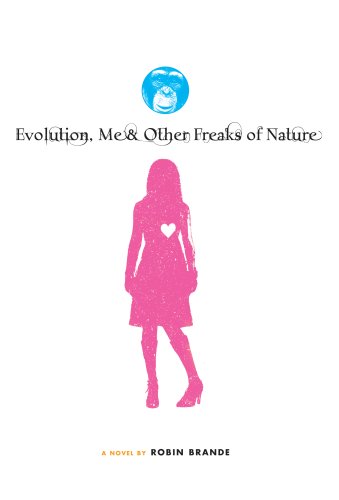 Before we get started, let me make with the disclaimers: I may not be the most objective one in the room to offer up an opinion on Evolution, Me & Other Freaks of Nature. First of all, author Robin Brande did just script my latest directorial effort. And second, as a longtime science nut, the ostensible subject of the novel is a bit of a hot topic of mine; I was sold on at least reading the book as soon as I heard about it. So take what you will from this commentary, but in any case, I hope my bias isn’t too distracting.
Before we get started, let me make with the disclaimers: I may not be the most objective one in the room to offer up an opinion on Evolution, Me & Other Freaks of Nature. First of all, author Robin Brande did just script my latest directorial effort. And second, as a longtime science nut, the ostensible subject of the novel is a bit of a hot topic of mine; I was sold on at least reading the book as soon as I heard about it. So take what you will from this commentary, but in any case, I hope my bias isn’t too distracting.The first day of high school can be traumatic enough, but for Mena, it’s worse than she could have imagined. Not only does she have to deal with the same trials that all her classmates must endure, but she must do so in the wake of losing all her friends and being ostracized by everyone she has known and loved for years. Her old friends shun (or actively bully) her. Her church — the very institution in which she has sought comfort all her life — has effectively expelled her. And her parents, faced with losing their business, are barely speaking to her. All because she did what she thought (and frankly still thinks) was the right thing. Mena’s one hope is that she can just slide through until everything passes; she even manages to explore the beginnings of friendship with Casey, her brilliant lab partner. But when Ms. Shepherd, their quirky science teacher, starts off the school year with a unit on evolution, she realizes that it’s all just beginning.
On its surface, the novel is the story of a conflict between a teacher determined to teach science and a fundamentalist church with a creationist agenda. And in that regard, it certainly doesn’t disappoint, though — thankfully — it never devolves into a diatribe, nor does it denigrate religion. Quite the contrary: The substance of the so-called “debate” itself is barely touched upon, and spiritual belief is a central theme of the story (not to mention a driving characteristic of the protagonist).
But to dismiss it as just being about that conflict would be to gravely misinterpret it: At its core, the novel is about a teenager learning to deal with the strange new world that opens up to her once she exits the safe confines of her earlier life. The evolution/creationism debate is simply the framework; the true story is in the universally identifiable conflict within Mena herself.
Not that the story bogs itself down with self-reflective ruminations on internal development (had it done so, I would have been the first to put it down). Brande does a masterful job of ensuring that Mena’s path is reflected in action, so that the events around her provide the mechanism by which she undergoes her growth into a young adult. Mena’s transformation occurs in an environment with clear extremes of conflict, but her challenges therefore become more extreme reflections of the same transformation that all teens must undergo. (And frankly, it’s that intensity that makes for an interesting story in the first place.)
The preacher who pursues his agenda out of an outsized sense of personal vanity, or the (former) friends who glory in their maliciousness, are easy to hold up as antagonists (and I’ll confess that at times, I found it hard to separate from my adult sensibilities and remember the helplessness of being a teenager). And it’s easy to identify with Ms. Shepherd, who, far from being intimidated by the manufactured conflict, is both prepared and determined to remain unbowed in her desire to speak the truth against irrationality. But more interesting are the subtler characters, on both sides of the aisle: The church girl whose actions, however misguided, were truly motivated by a desire to be helpful. Or Casey’s sister, Kayla, who — even as she helps Mena out of her shell — has an unmistakable agenda of her own. It’s in those gray areas where the novel really makes its mark — this isn’t a story about heroes and villains, but about the rest of us, and about how we deal with conflict (real or manufactured).
No, scratch that — this is a story about how an individual deals with growing up, with finding first love, with becoming aware of just how big the world is once she steps outside childhood’s protective boundaries. An individual through whom we can all remember our own such development (or, for younger readers, see it reflected in the present). And that’s what makes this book worth reading.

















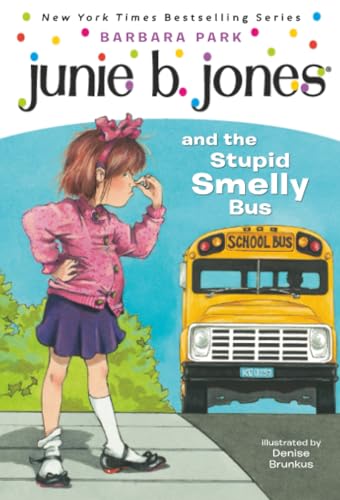



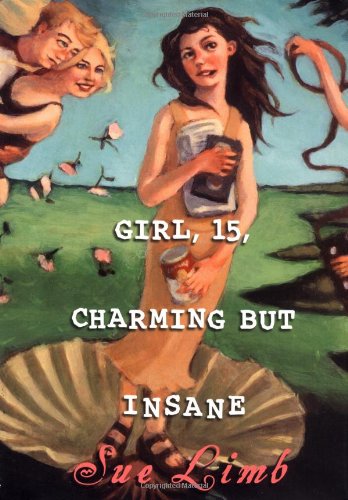
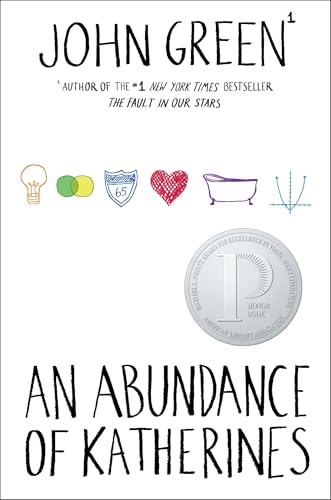
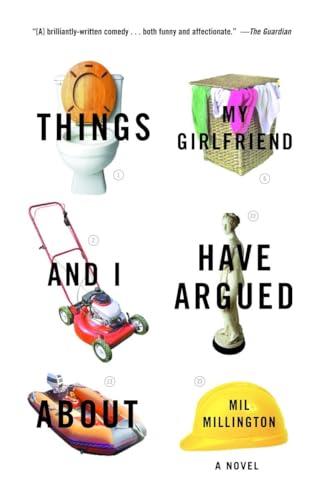
4 comments:
I'm so happy to see other people loving this book! It's one of my top three picks for the summer. (And I'm not even a science nut, so there.)
Added this to the list of books to acquire somehow. Great review!
Just read Kelly Kerney's Born Again for this, so would really love to read this one, too! Your bias isn't distracting at ALL! No, really!
Bill, maybe it's not cool to acknowledge that I read this and was blown away by your review, but consider me uncool.
THANK YOU!!
Post a Comment